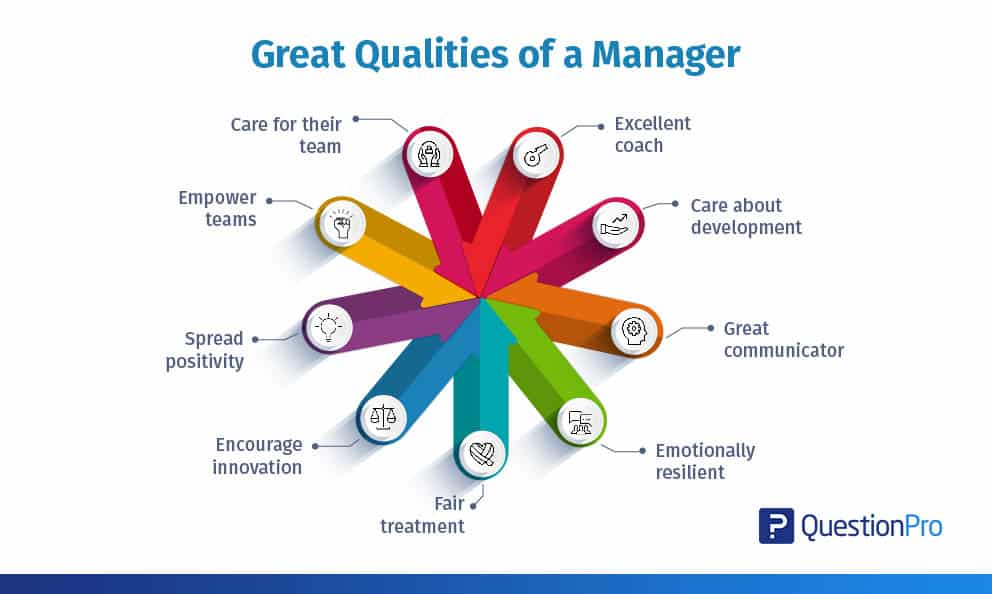

Effective management is critical to the success of any organization in today’s fast-paced commercial sector. That is why manager evaluation is vital for businesses to guarantee that their managers perform to their full potential.
Managers are defined differently by different persons in an organization. Their subordinates are led and mentored by them. They’re someone to discuss new issues, strategize on new projects, and compete with colleagues. They lead teams, produce income, and represent the future of leadership for management teams.
Manager evaluations give you the information you need to help managers become great leaders and help build a strong employee engagement culture. Understanding the evaluation process is critical whether you’re a manager wanting to enhance your performance or an employer looking to ensure your managers lead successfully.
Continue reading to learn more about manager evaluation and how to evaluate the manager performance.
Manager evaluation is the process of reviewing a manager’s performance inside an organization. This evaluation form usually involves a review of manager performance during a quarter or year and honest feedback from direct subordinates, peers, and support supervisors.
The manager evaluation process is meant to identify strengths and weaknesses in a manager’s performance and provide constructive feedback and coaching to help them progress in their role. It can also evaluate promotions, incentives, other rewards, and whether the manager meets expectations and goals.
That’s a tough one, isn’t it? A good manager’s definition can vary from organization to organization. Managers must have excellent leadership skills. It involves skills managers use to persuade others to work together to attain a common objective.
Great managers are leaders with leadership performance skills who can bring out the best overall employee performance evaluation from their team, train the team to attain new heights, help everyone align with company goals, treat people with respect, and help achieve new goals every day. They also need to be able to work well with a more senior manager or other managers.
Great managers are the foundation of every successful team. Great managers ensure excellent employee experience , a journey every employee goes through from hire to exit. Team outcomes can give you much information about how well the manager leading the team is doing.
Many employees leave organizations on account of inadequate or ill-suited managers performance. Having the right person for the role is paramount for an organization’s success. They help arrest employee retention and positively boost employee engagement , workforce productivity, staff morale, etc.
According to a study by Gallup, 50% of employees leave their organizations because of their boss, and managers are responsible for at least 70% of the variance in employee engagement scores across business units.
Manager evaluation is essential for determining what traits make a good or great manager. Organizations can assess this skill by evaluating the manager’s ability to hold employees accountable and motivate them to complete duties efficiently.
While several characteristics make a manager good or great, we have highlighted twelve essential skills and qualities below that have, time and again, popped into our research and our organization.

They are quick to point out that certain tasks were not done the right way. It is crucial to let the doer know what was wrong, make them understand, and let them know the right way so they are ready for next time.
Effective communication is a two-way street. Good leaders know they need to listen to their teams. Listening to their team’s updates ensures they are aware of new developments, challenges faced by the team, training needs, etc.
A survey that Interact conducted found that 69% of managers were uncomfortable communicating with employees, especially when delivering direct constructive feedback about employee performance.